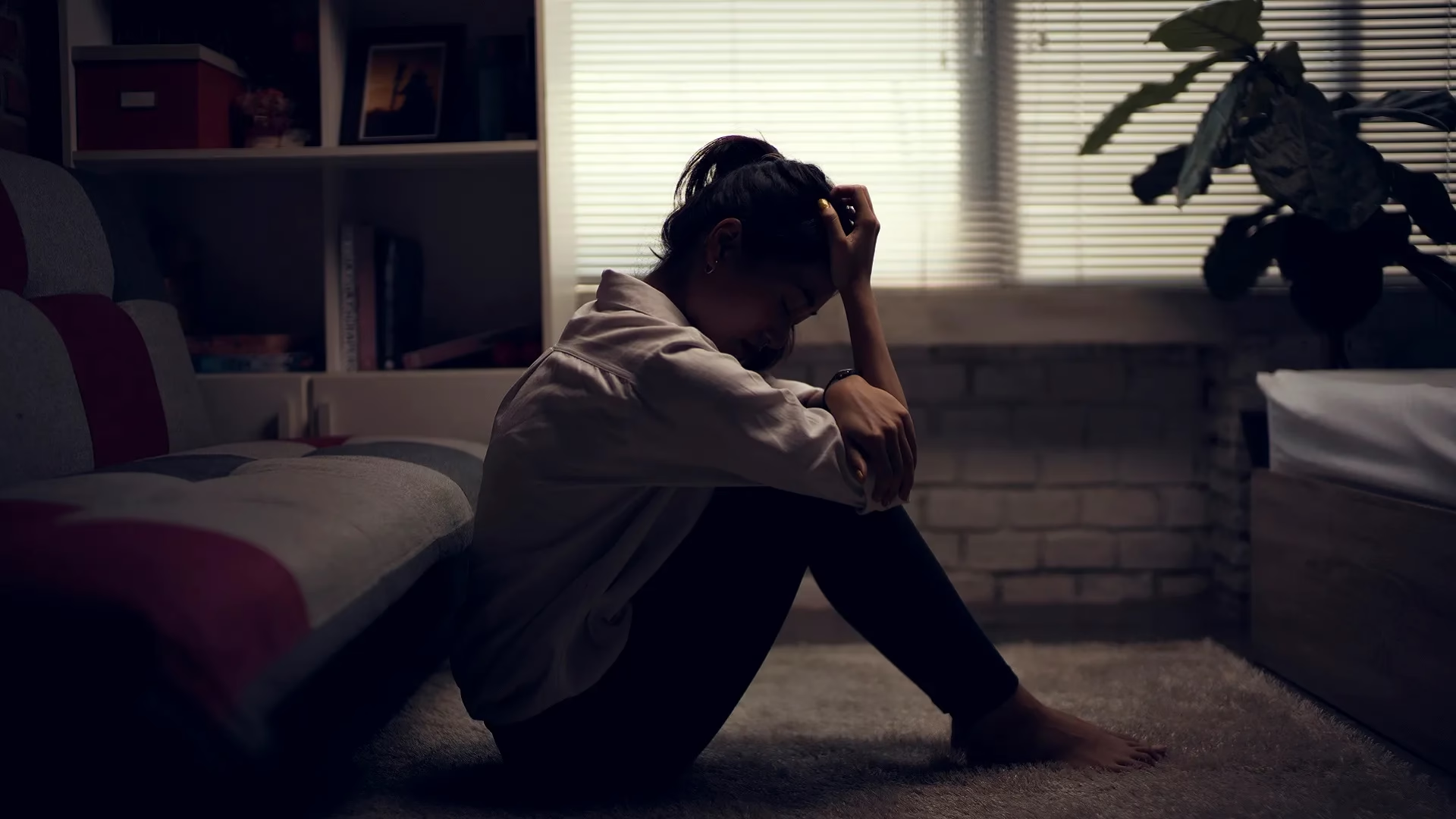Depression is a deeply personal and challenging experience that affects millions of people around the globe. It can feel like being trapped in a dark room with no way out, but the truth is, there is light beyond the darkness—and you don’t have to face it alone. In this blog post, we’ll explore what depression is, how to recognize it, and most importantly, how to safely navigate your way toward healing.
What Is Depression?
Depression isn’t just “feeling blue” or having a rough patch—it’s a serious mental health condition that impacts your thoughts, emotions, and daily functioning. It often leaves individuals feeling overwhelmed, disconnected, and unable to find joy in things they once loved. While everyone’s experience with depression is unique, common causes include genetics, trauma, chronic stress, hormonal imbalances, or even certain medical conditions.
The good news? Depression is treatable. With the right tools, support, and strategies, you can take steps to manage it safely and effectively.
Signs That You May Be Struggling with Depression
Understanding the signs of depression is the first step toward addressing it. Here are some key indicators:
- Emotional Symptoms:
- Persistent sadness, emptiness, or despair
- Feeling hopeless, helpless, or worthless
- Irritability, anger, or frustration over minor issues
- Behavioral Changes:
- Loss of interest in hobbies, work, or relationships
- Avoiding social interactions or withdrawing from loved ones
- Difficulty completing tasks or maintaining routines
- Physical Symptoms:
- Fatigue or low energy levels
- Changes in appetite (overeating or undereating)
- Trouble sleeping or sleeping too much
- Unexplained headaches, stomachaches, or other physical discomforts
- Cognitive Symptoms:
- Difficulty concentrating, remembering details, or making decisions
- Negative self-talk or excessive self-criticism
- Thoughts of death, dying, or suicide
If you notice these symptoms persisting for more than two weeks, it’s essential to prioritize your mental health and seek help.
How to Safely Address Depression
Recovering from depression requires patience, care, and professional guidance. Below are safe and effective ways to begin your journey toward healing:
1. Reach Out for Professional Support
One of the safest and most important actions you can take is consulting a licensed mental health professional. Therapists, counselors, and psychiatrists specialize in helping individuals navigate depression using evidence-based treatments such as:
- Cognitive Behavioral Therapy (CBT): Helps reframe negative thought patterns.
- Medication: Antidepressants may be prescribed to balance brain chemistry.
- Talk Therapy: Provides a safe space to process emotions and develop coping skills.
2. Create a Strong Support Network
Surround yourself with trusted friends, family members, or support groups who understand what you’re going through. Sharing your struggles with others reduces feelings of isolation and reminds you that you’re not alone.
3. Practice Self-Care Safely
Taking care of your body and mind is crucial when managing depression. However, it’s important to approach self-care in a balanced and realistic way:
- Exercise Regularly: Physical activity releases endorphins, which boost mood naturally. Start small—like taking a short walk or doing gentle stretches.
- Eat Nutritious Meals: Focus on whole foods like fruits, vegetables, lean proteins, and whole grains to fuel your body and brain.
- Prioritize Sleep: Establish a calming bedtime routine and aim for 7-9 hours of restful sleep each night.
- Mindfulness Practices: Meditation, deep breathing exercises, or journaling can help ground you during difficult moments.
4. Set Boundaries and Reduce Stress
Identify areas of your life that contribute to stress or negativity, and take steps to address them. This might mean saying “no” to additional responsibilities, setting boundaries with toxic relationships, or finding healthier ways to cope with pressure.
5. Avoid Harmful Coping Mechanisms
When dealing with depression, it’s tempting to turn to unhealthy habits like substance abuse, excessive drinking, or self-harm. These behaviors may provide temporary relief but ultimately worsen your condition. Instead, focus on safer alternatives like talking to a therapist, engaging in creative outlets, or practicing relaxation techniques.
6. Monitor Your Progress
Keep track of your moods, triggers, and accomplishments in a journal or app. Reflecting on your progress—even if it feels slow—can motivate you to keep moving forward.
7. Know When to Seek Immediate Help
If you ever feel unsafe or have thoughts of harming yourself, reach out for immediate assistance. Call a crisis hotline, contact a trusted person, or visit the nearest emergency room. Remember, asking for help is a sign of strength, not weakness.
Some reliable resources include:
- National Suicide Prevention Lifeline (USA): Call or text 988
- Samaritans (UK): Call 116 123
- Lifeline (Australia): Call 13 11 14
How to Stay Safe During Tough Times
There will be days when depression feels overwhelming, and that’s okay. On those days, try these strategies to stay safe:
- Ground Yourself: Use the 5-4-3-2-1 technique to focus on your senses (e.g., name five things you see, four things you touch, etc.).
- Lean on Trusted People: Text or call someone you trust to let them know how you’re feeling.
- Limit Social Media: Avoid platforms that make you feel worse about yourself or compare your life to others’ highlight reels.
- Stick to Your Treatment Plan: Continue attending therapy sessions and taking prescribed medications as directed.
A Message of Encouragement
Healing from depression is not linear, and setbacks are part of the process. But every effort you make—whether it’s reaching out for help, practicing self-care, or simply getting out of bed—is a victory worth celebrating. You are stronger than you think, and brighter days lie ahead.
By taking proactive steps to address your mental health safely, you’re investing in a future filled with hope, resilience, and renewed purpose. And remember, you are never truly alone—there are countless people ready to support you along the way.
If this guide resonated with you, please share it with someone who might need it. Let’s break the silence around depression and create a world where everyone feels empowered to heal safely. 💙
Discover more from Pasindu Lakshan Perera
Subscribe to get the latest posts sent to your email.




